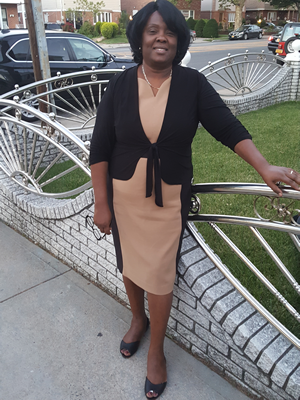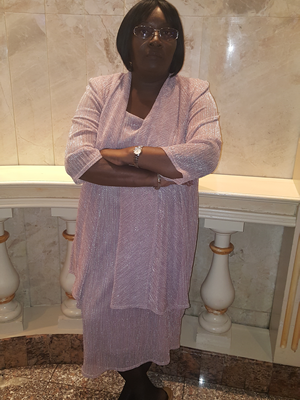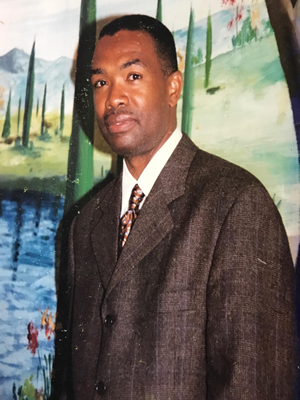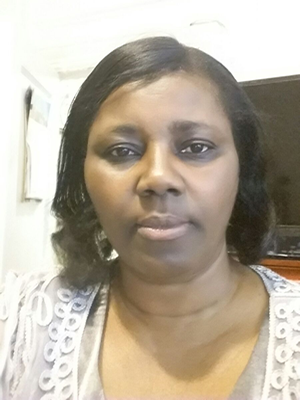Healing Support After Conventional Treatment
The chaos and emotions associated with a cancer diagnosis and treatment can be overwhelming. Just "getting through" the treatment becomes all consuming. Then, one day, conventional therapy is over. Now what? The transition from the completion of the intense and life-altering experience of cancer treatment to life after treatment is not always easy. While this is a welcome transition, many new issues surface.
Cancer and its conventional treatments typically cause radical changes in a person's life and the lives of their loved ones. Schedules are turned upside down, work is often put on hold, and visits from caring family and friends can be emotionally and physically consuming. During this time, very little is the same as it was. Even our perspective on life changes. Perhaps the most common perspective shared by people undergoing conventional cancer treatment is the realization that each day is different and essentially unpredictable; then, it really does help to focus on taking things one day at a time. This philosophy works well during treatment, and then, the much-anticipated last treatment arrives and brings with it an entirely new set of challenges and unknowns.
After the last chemotherapy infusion or pill or the last radiation treatment, people with cancer feel a variety of emotions. For some, it feels as if the dam that has held a torrent of emotions at bay finally breaks. There is a river of emotions such as fear, anger, depression, anxiety, frustration, gratitude, exclusion, and confusion that rushes into our daily lives. Being physically exhausted from the treatment can add to the turbulence. And yet, it is in the midst of all this that some of the most important decisions for long-term survival and quality of life must be made. Among these decisions are how to heal from the trauma of the disease and its treatments, how to lower the risk of recurrence and secondary cancers, and how to utilize the experience to live the most meaningful life possible.














 Hits Today : 1045
Hits Today : 1045 Total Hits : 1082188
Total Hits : 1082188 Who's Online : 1
Who's Online : 1